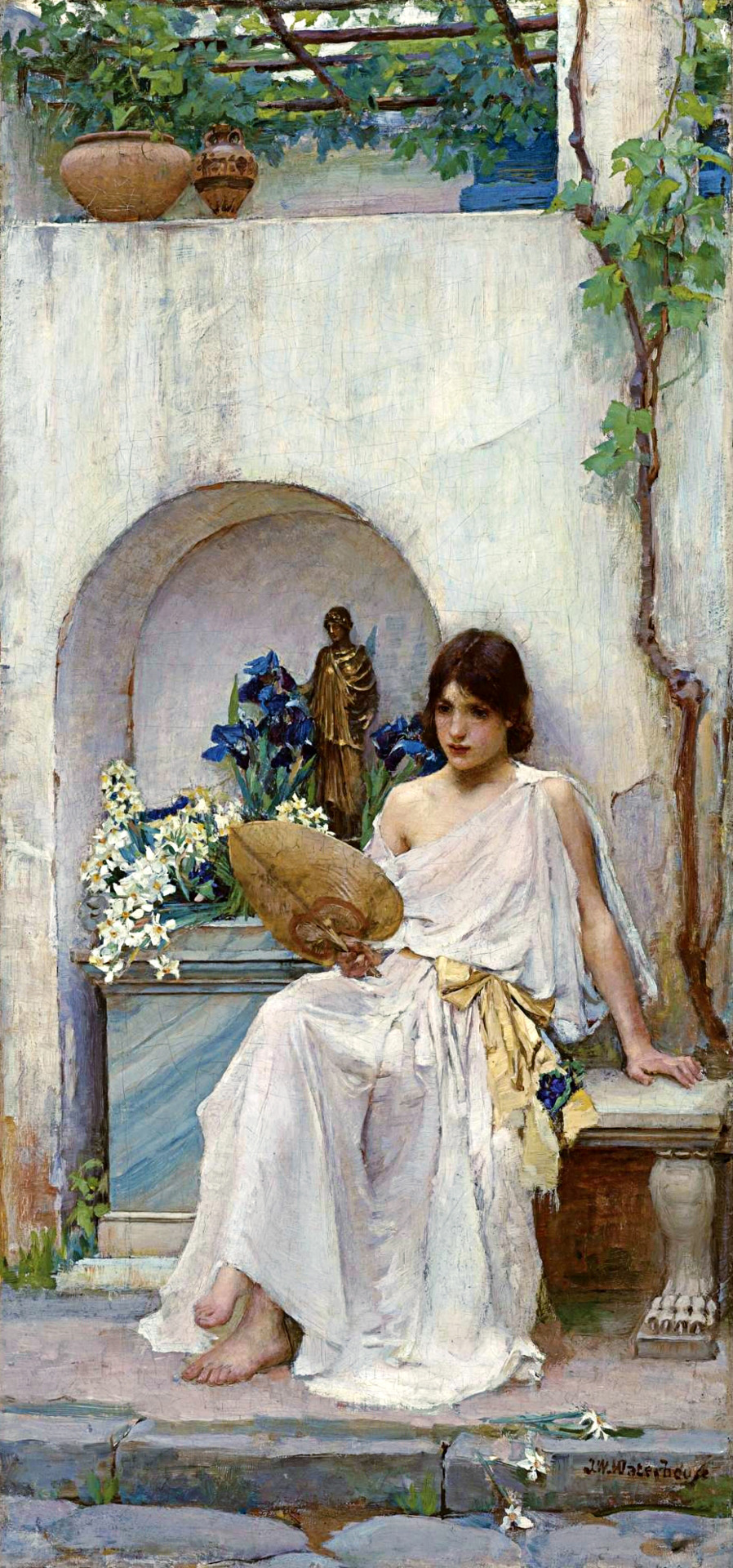she/her, 18, Ceres devoteenuminist, italic polytheist ♡ ♡ praise the aiser ♡
Last active 60 minutes ago
Don't wanna be here? Send us removal request.
Text
gods after devotees put really… unique offerings on an altar

401 notes
·
View notes
Text






Clothing of the Adriatic Veneti, Ancient Italic population of northeastern Italy
#italic polytheism#paganism#veneti#adriatic veneti#ancient populations#ancient fashion#history fashion
2 notes
·
View notes
Text

~ Plaque.
Culture: Italic, Etruscan
Period: Late Archaic Period or early Classical Period
Date: ca. 470 B.C.
Medium: Terracotta
4K notes
·
View notes
Text

'The Wood of the Harpies' by Francesco Cino Bozzetti, 1913.
462 notes
·
View notes
Text
Oh, Neptune; Father Neptune!
I tell you fair and true
that if you should lose my sailor
I'll sing no more to you.
1 note
·
View note
Text

i forgive it, all of it, as it comes back to me.
415 notes
·
View notes
Text


just got the bucranium i had ordered for my lararium! :)
2 notes
·
View notes
Text

Offering to Ceres by Jacob Jordaens
Flemish, c. 1620
oil on canvas
Museo del Prado
190 notes
·
View notes
Text
january is especially enjoyable cause of Janus
0 notes
Text
so many gods I want to worship.... I can't keep adding more to my plate 😭
102 notes
·
View notes






